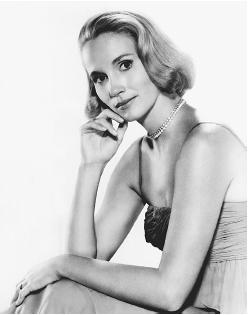Nosferatu: Phantom der Nacht- This film was kind of underwhelming, I must say. The first 30-ish minutes feel a loooooot like some film adaptation of a novel I would have been forced to watch in a high school english class. Kinski's performance was great, but the rest was just not up to par with what I expected. The great shots of the bat in slow motion aren't even Herzog's own work and many of the most haunting shots of Nosferatu are nearly exact duplicates from the original film. Additionally, Nosferatu is absolutely obsessed with the profundity of being unable to die but any sympathy this would evoke from me is totally negated by the fact that he could go out in sunlight at any time and, indeed, die. Could someone please tell me what I'm missing, because I really want to like this.
-The movie is beautifully shot, and although I certainly give Murnau credit for how lasting his movie has been, I think that Herzog's movie leaves the original behind in the dust both for the way that he repurposes iconic shots from the original in new contexts as well as the way in which he uses his color and score to create an atmosphere altogether unlike anything else that I've ever seen.
-The shots that are similar to the original are, in my opinion, better. The shot where Dracula advances on Harker as he walks backward, terrified yet seemingly entranced and unable to escape, is so simple and yet so effective that it's practically burned into my brain.
-Who cares if Herzog didn't shoot the bat? What matters is the power given to it by the context of the film, and in that, Herzog did great work.
-The fact that he could just walk out into the sun is part of what makes the character work. It creates two possibilities in the viewer's mind: either the nature of his existence prevents him from being able to take his own life, for whatever reason, or he's ultimately a coward, wanting to die but not being willing to take the necessary measures to take his own life. Dracula, in this movie, has as much depth as any character that I've seen.
-What ultimately makes the movie great, though, are the little things, the little ways in which Herzog makes the story his own: turning what was originally a vampire story into an almost post-apocalyptic tale, the quirky little moments (such as the sick people feasting in the square, or the limp old man at the end feebly attempting to arrest Dr. Van Helsing), the power of the imagery (shot with Herzog's typical attention to eye-level realism, rather than anything consciously "epic"), and the twist of the ending, wherein the sacrifice of the heroine is possibly all in vain.
The Herzog Nosferatu is one of the greatest movies of all time.



